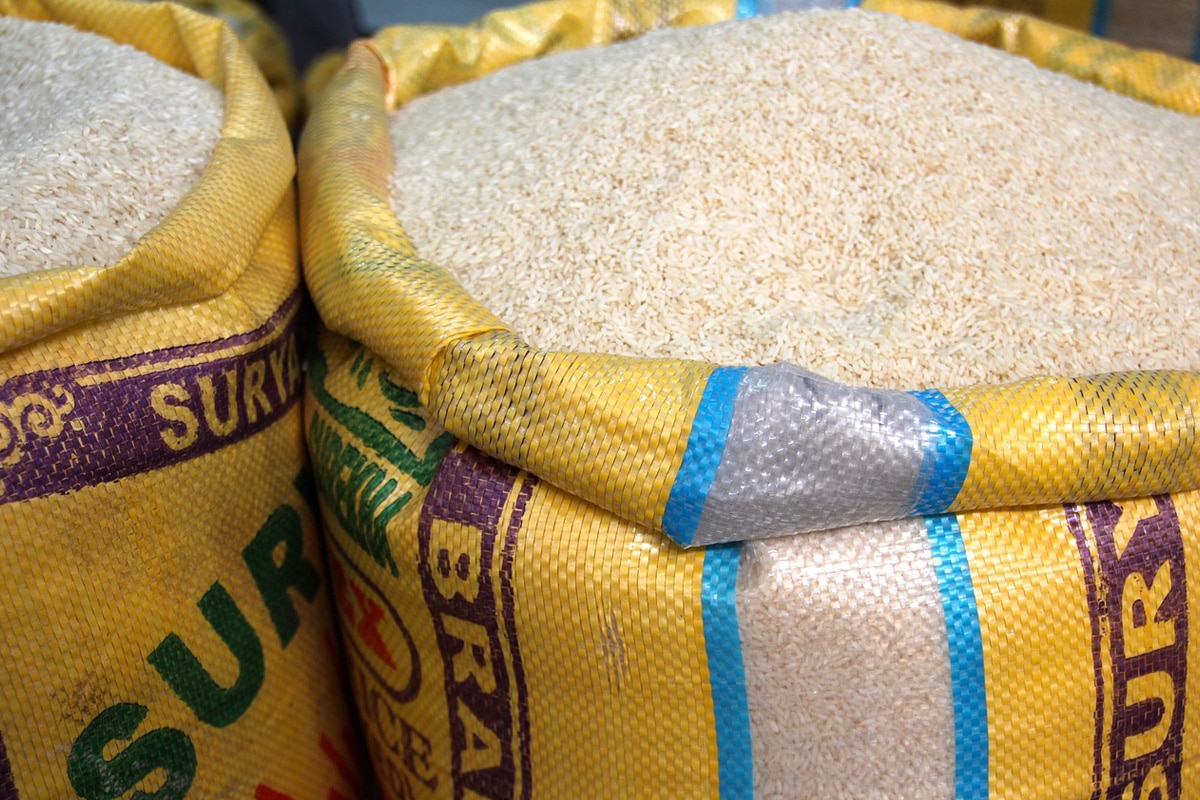Global rice supply remains stable, but weather anomalies and export restrictions raise concerns about market uncertainty and limited food accessibility, an expert from the UN’s Food and Agriculture Organisation told Arabian Business.
Last week, the UAE announced the suspension of rice exports and re-exports for four months, effective from July 28, in a move to secure sufficient rice supply in the local market. This came after India’s announcement of an export ban on non-basmati rice due to production shortfall.
“In terms of the overall rice supply situation, although conditions vary from country to country, globally, there is no shortage of rice,” Shirley Mustafa, rice analyst and Economist at the FAO, said.
“What apprehensions do exist pertain to the potential effects of weather anomalies on crops currently being planted in some areas and the impacts that export restrictions can have. Concerning the latter, this is so because export restrictions inherently destabilise markets.”
The ban covers all rice originating from India imported into the UAE after July 20, 2023. It includes husked rice (including brown rice), wholly or partially milled rice, polished and crushed rice, and applies to all rice products, including those in free zones.
The export restrictions have led to heightened market uncertainty and expectations of surges in demand for nearby delivery in other suppliers.
“[Export restrictions] can cause large swings in international prices that can limit the accessibility of food, particularly for vulnerable groups. This is all the more so since for some time now the capacity of various importers to pay for imports has already been constrained by persistently high international prices of other foodstuffs, increased trade financing costs and/or currency depreciations,” said Mustafa.
The extent to which the available supply of countries and regions is impacted can depend on a host of factors, some of which include: the area’s level of exposure to international trade, the level of supplies that are available on hand, the extent to which these areas can diversify the origin and type of supplies they buy, as well as how the export restrictions are implemented.
“This is particularly relevant since the export restrictions imposed by India on 20 July do not extend to all types of rice. Indian exports of parboiled rice and basmati rice have not been prohibited. This is also relevant for the United Arab Emirates considering that the bulk of India’s deliveries to the UAE for domestic consumption and re-export constitute basmati and, to a lesser extent, parboiled rice,” she added.
India’s ban affects world rice supply
India’s ban on rice exports can significantly impact global rice supply, as it accounts for more than 40 percent of world rice exports – equivalent to 55.4 million metric tonnes in 2022 – and exports to over 140 countries.
The ban was triggered by delayed monsoons and significant crop damage, especially rice crops despite heavy rains since the last week of June.
“The Indian government has made provisions to permit exceptions to the ban on exports of non-parboiled non-basmati rice, allowing volumes to be shipped to meet countries’ food security needs upon request from governments. So, we have to see to what extent importing countries will use these diplomatic channels to source Indian rice,” the FAO economist said.
The main destination for rice re-exports from the UAE are Oman, the US, Benin, Zimbabwe, and Somalia, and it usually imports rice from India, Pakistan, Vietnam and Thailand.
After the UAE’s temporary ban came into effect last week, companies involved in the trade are required to obtain a 30-day permit from the Ministry of Economy to export or re-export rice.
This may temporarily lead to an increase in the price of rice locally, but it will eventually stabilise once new suppliers from Thailand, Vietnam and Pakistan enter the market.










